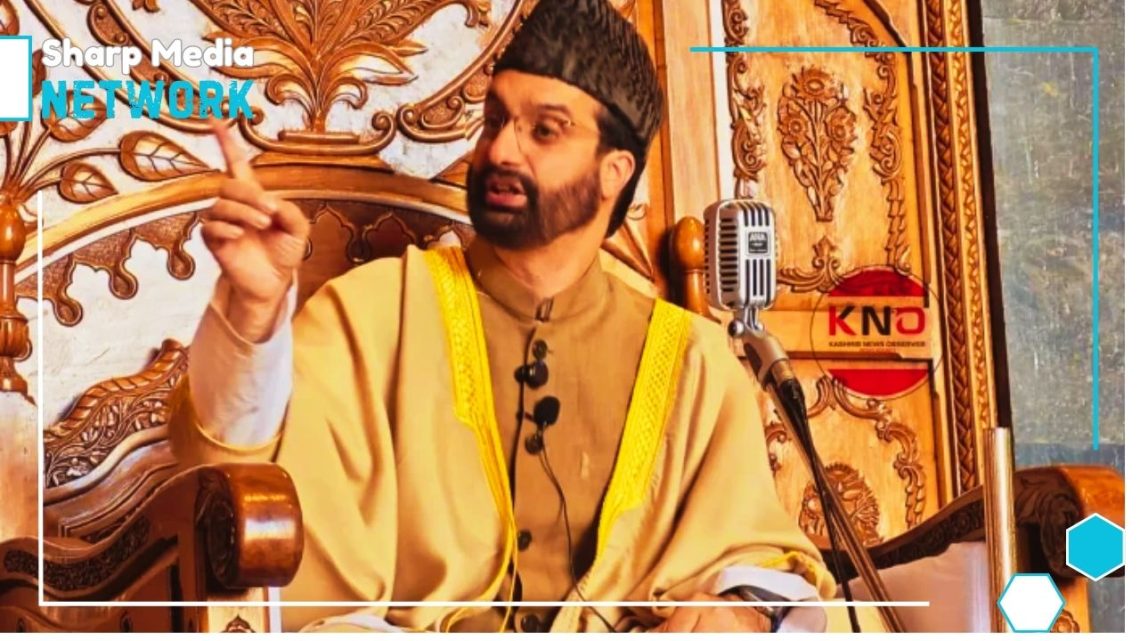
Mirwaiz Umar Farooq’s Stern Call for Resolving Kashmir Dispute via Dialogue
November 29, 2024Dialogue is the only solution to the Kashmir dispute, oppression and violence are futile approaches
In Indian illegally occupied Jammu and Kashmir (IIOJK), Mirwaiz Umar Farooq, a senior leader of the All Parties Hurriyat Conference, has declared dialogue as the sole viable solution to the Kashmir dispute. He lambasted the Indian government for its failure to address the region’s political turmoil, emphasizing that oppression and violence cannot quell the aspirations of the Kashmiri people.
Speaking in Srinagar, Mirwaiz articulated the need for sincere engagement on the political dimensions of the Kashmir conflict. “Elections and governments come and go, but the region’s administration remains toothless. The people deserve more than this facade of governance,” he said. His words underscored the persistent suffering of generations under a regime that disregards their right to self-determination.
Mirwaiz called on India to abandon its hardline approach and instead embrace measures that align with the people’s demands for peace. He urged both India and Pakistan to reopen trade routes and improve regional connectivity to foster trust. “The resolution lies in dialogue, not war. Such confidence-building initiatives have previously aided families across borders and must be revived. But these decisions cannot be made locally; they depend on New Delhi’s political will,” he said.
While expressing hope for peace talks, Mirwaiz warned that inaction would only perpetuate the uncertainty and bloodshed that have plagued the region for decades. He highlighted that Kashmiri leadership stands ready to engage in meaningful dialogue if India demonstrates sincerity, stressing, “Time is running out for a peaceful resolution.”
He also voiced his apprehensions regarding the proposed amendments to the Waqf Act, 2024, warning that they could strip Waqf properties of their autonomy and erode their foundational purpose. “The amendments are a direct affront to the Muslim community’s rights and risk further alienating the people. We demand immediate discussions to prevent these changes,” he said.
The Mutahida Majlis-e-Ulema (MMU), another prominent religious body in IIOJK, has echoed these concerns. Both the MMU and Mirwaiz have appealed to Indian MP Jagdambika Pal, chair of the parliamentary committee on the Waqf Bill, to initiate urgent dialogue. Mirwaiz criticized New Delhi’s disregard for the region’s Muslim-majority status, labeling it a calculated move to undermine the region’s cultural and religious identity.
As New Delhi intensifies its oppressive policies, Mirwaiz’s call for dialogue stands as a stark reminder of the costs of continued intransigence. India must realize that ignoring Kashmiris’ aspirations is a recipe for further unrest.

